Description
“Mastering C++” is a comprehensive guide for learners of all levels, from beginners to experienced programmers, who wish to master C++. With its rich features, including object-oriented programming, generic programming, and low-level memory manipulation, C++ is a versatile language used in various applications, from system programming to game development. In this book, readers will journey from the fundamentals of C++ syntax to advanced topics such as template metaprogramming and the C++ Standard Library, gaining the knowledge and skills needed to become proficient C++ programmers.
Chapter 1: Getting Started with C++ This chapter introduces the C++ programming language, covering topics such as the history of C++, its key features, and the basics of setting up a development environment. Readers will learn how to write and compile their first C++ program, gaining familiarity with the syntax and structure of the language.
Chapter 2: Understanding C++ Syntax In this chapter, readers will explore the syntax of the C++ programming language in-depth, covering topics such as data types, variables, operators, control structures, and functions. Through practical examples and hands-on exercises, readers will gain a solid understanding of the building blocks of C++ programming and learn how to write clean, efficient, and maintainable code.
Chapter 3: Object-Oriented Programming in C++ Object-oriented programming (OOP) is a powerful paradigm for organizing and structuring code, and C++ provides robust support for OOP principles. This chapter introduces the concepts of classes, objects, inheritance, polymorphism, and encapsulation in C++, demonstrating how to create and use classes to model real-world entities and systems.
Chapter 4: Templates and Generic Programming Templates are a crucial feature of C++ that enables developers to write generic, reusable, and flexible code. In this chapter, readers will learn about the fundamentals of templates and generic programming in C++, including function templates, class templates, template specialization, and template metaprogramming. Through practical examples and case studies, readers will discover how to leverage templates to write highly efficient and versatile code.
Chapter 5: Memory Management and Smart Pointers Memory management is a critical aspect of C++ programming, and manual memory management can be error-prone and complex. This chapter explores techniques for managing memory in C++, including dynamic memory allocation, deallocation, and memory leaks. Readers will learn about smart pointers, a powerful feature introduced in C++11, which automate memory management and help prevent common memory-related errors.
Chapter 6: The C++ Standard Library The C++ Standard Library is a rich collection of classes and functions that provides essential building blocks for C++ programming. In this chapter, readers will explore its key components, including containers, algorithms, iterators, streams, and utilities. Through practical examples and hands-on exercises, readers will learn how to leverage the Standard Library to write efficient, reliable, and portable code.
Chapter 7: Advanced Topics in C++ The final chapter covers advanced topics in C++ programming, including multithreading, concurrency, networking, and graphics programming. Readers will explore advanced techniques and libraries for building high-performance, scalable, and interactive applications in C++. Through real-world examples and case studies, readers will gain insight into the diverse capabilities of C++ and the endless possibilities it offers for software development.
Conclusion: “Mastering C++” concludes with reflecting on learning and mastering the C++ programming language. Whether you’re a beginner taking your first steps in programming or an experienced developer seeking to expand your skills, this book provides a comprehensive guide for learning and mastering C++. With its clear explanations, practical examples, and hands-on exercises, “Mastering C++” equips readers with the knowledge and confidence to tackle real-world programming challenges and unleash their creativity in C++ programming.
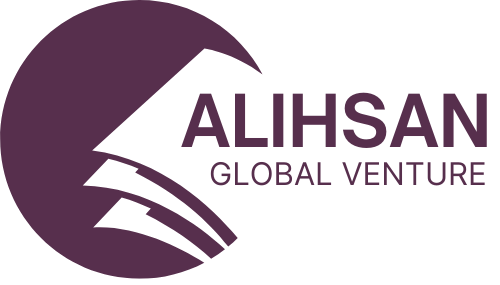
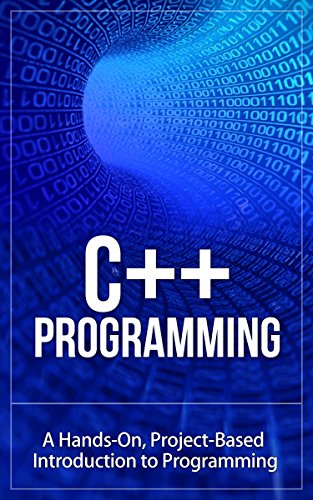
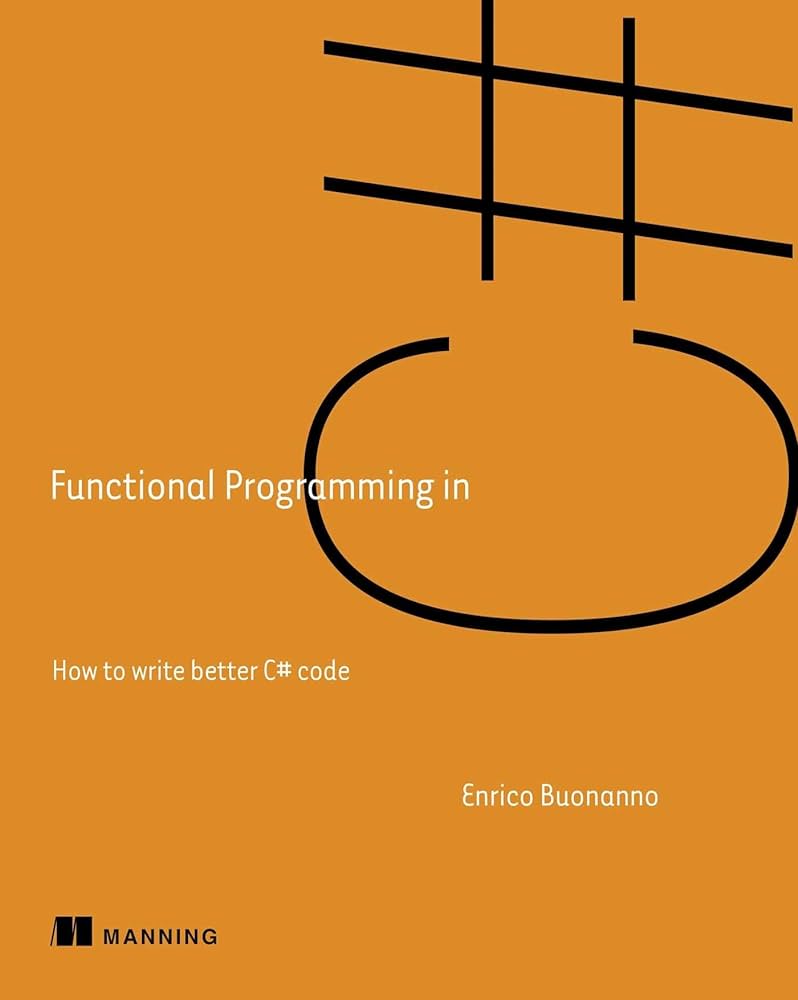
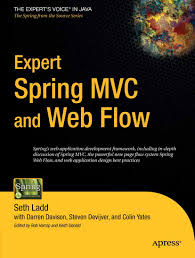
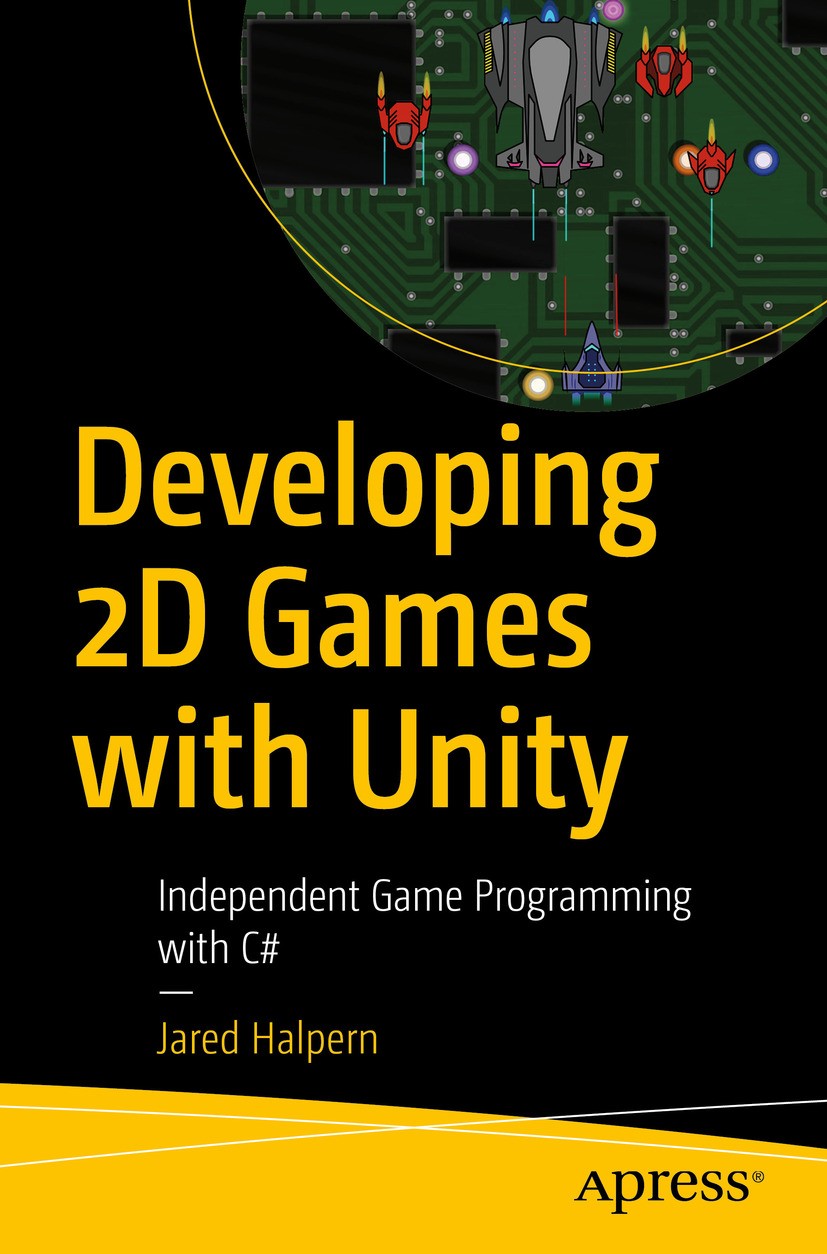
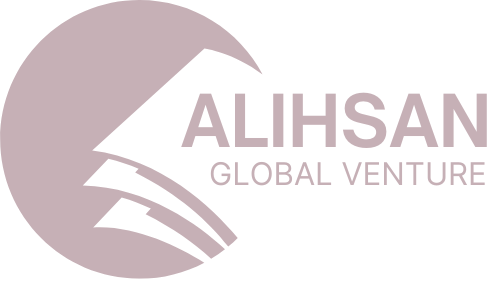
Toyin –
I’ve read several books on C++ programming, but this one stands out for its clarity and accessibility. The author’s writing style is engaging and easy to follow, making even complex topics seem approachable. I appreciate the emphasis on understanding the underlying principles of C++ programming, rather than just memorizing syntax.
Auwalu –
This ebook is a must-have for anyone serious about learning C++. The author’s approach is thorough and methodical, covering everything from basic syntax to advanced topics like templates and concurrency.
Christian –
I’ve been programming in other languages for years, but I wanted to learn C++ for its performance and versatility. This ebook was exactly what I needed! The author’s explanations are clear and concise, with plenty of code examples to illustrate each concept.
Patrick –
As someone new to programming, I found this ebook to be an excellent introduction to C++. The author does a great job of breaking down complex concepts into digestible chunks, with plenty of examples and exercises to reinforce learning.